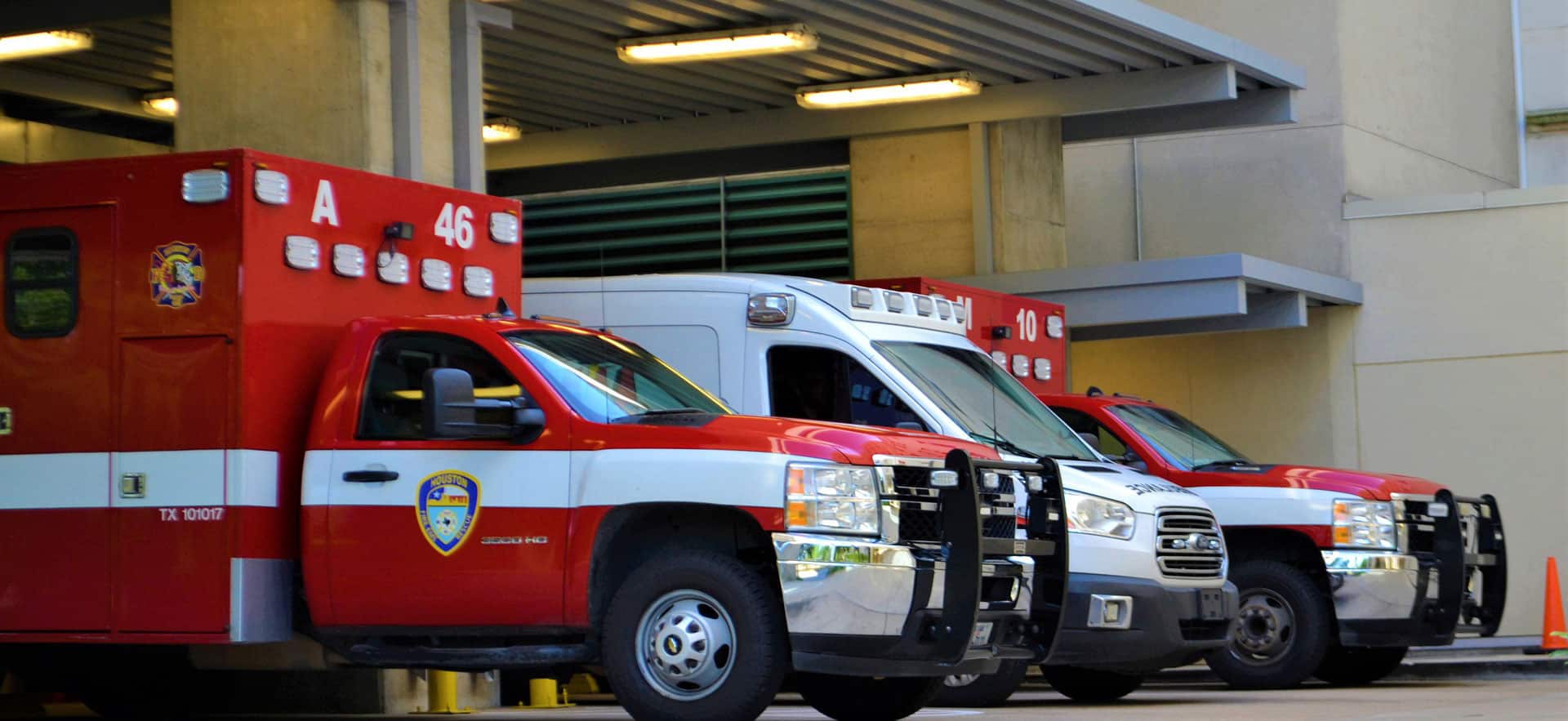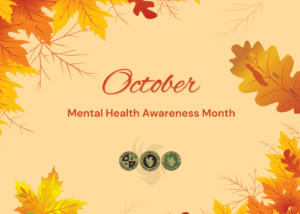First responders have some of the highest rates of heart-related health issues including heart disease and sudden cardiac arrest. The average age of a police officer who has suffered a heart attack is 49 years, while the average for the general population is 64.7 years, according to research conducted by the IACP. Similarly, nearly half of firefighter deaths in the line of duty are a result of a heart attack rather than bodily injury or any other cause of death, according to the NIH. There are several factors that contribute to these startling statistics that are unique to the work and lifestyle of first responders. Public safety and their loved ones should be aware of the risks and ways they can reduce their chances of heart conditions.
Stress
There is no doubt that first responders have some of the most stressful jobs. They work in emergency situations that expose them to great personal risk, and are also likely to regularly encounter violence, pain, and loss. Dealing with situations day after day that most people are rarely exposed to can take a physical and psychological toll. While there is still a great deal of research to be done regarding the direct link between stress and heart disease, it’s clear that stress often leads to behaviors and lifestyle changes – which affects overall health. Being in a high-stress job doesn’t have to mean dire consequences for your body, but it is essential to stay on top of your mental and physical health by creating healthy habits.
Environment
First responders are subjected to certain conditions that are unique to their job description. One study found that coming in contact with extreme heat, such as while fighting a fire, can lead to blood clotting and injury to the heart due to muscle strain. Coupled with physical exertion, a harsh environment is especially likely to contribute to heart disease over time. Additionally, first responders who encounter brief incidents of physical exertion without regularly maintaining their physical fitness level are also at risk. For this reason, first responders need to pay close attention to fitness by exercising regularly and being proactive about screening for physical health markers such as blood pressure.
Eating Habits
Making healthy food choices isn’t always easy, and for first responders a balanced diet can be especially hard to come by. Busy schedules and long shifts make finding time for a nutritious meal difficult, and it can often be more convenient to grab fast food or a highly processed, sugary snack. Often times, community meals are usually packed with foods high in fat and starch, and tend to lack adequate vegetables and whole grains. These bad habits can culminate in several serious health issues including, obesity, diabetes, and heart disease.
Poor Sleep
Sleep issues, especially sleep deprivation, increase the risk of cardiovascular disease and coronary heart disease. Sleep is more important for every aspect of health than most people realize, and sleeping too little can lead to issues with metabolism, blood pressure, and inflammation. Being a first responder isn’t always conducive to a healthy sleep schedule, especially in the early years of the career. Long shifts and stress-induced insomnia can cause police officers, firefighters, and all emergency service providers to lose sleep, contributing to poor health outcomes regardless of age. Try to prioritize rest.
Substance Abuse
Because the job of a first responder is so stressful, and at times even traumatic, substance abuse is a common issue in these professions. Many people turn to drugs or alcohol to cope with their emotions or suppress symptoms of trauma such as flashbacks. Unfortunately, this can result in several physical and mental health conditions, including poor heart health. Substance abuse can lead to cardiovascular disease, meaning that tissues and blood vessels become damaged to the point that they are no longer able to support normal bodily functions. Alcohol abuse in particular is associated with high blood pressure and hypertension, both of which contribute to heart failure. Anyone who believes they or their loved one might be struggling with a substance use disorder should seek professional help to find freedom from addiction.
First responders and their families experience more acute stress and trauma than the general population, and the statistics are staggering. With years of experience serving First Responders, our Family of Companies (First Responder Wellness, The Counseling Team International, and Shift Wellness) has a distinctive view of their career and family life – from new recruit training, wellness visits, peer support services, counseling, crisis support, department training, and long-term treatment. We are here to help.
Email info@frhealth.com or call 888.443.4898 to connect with our culturally competent team




